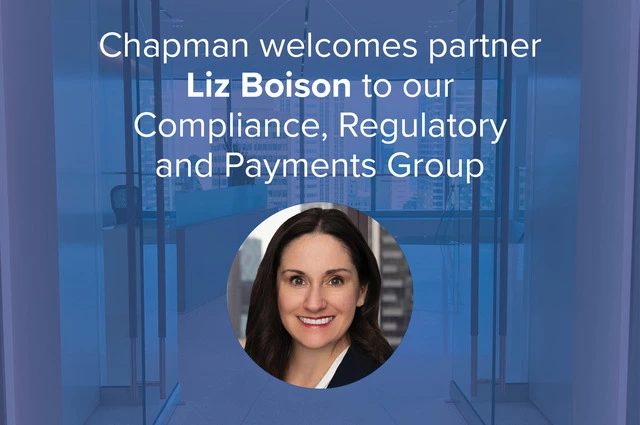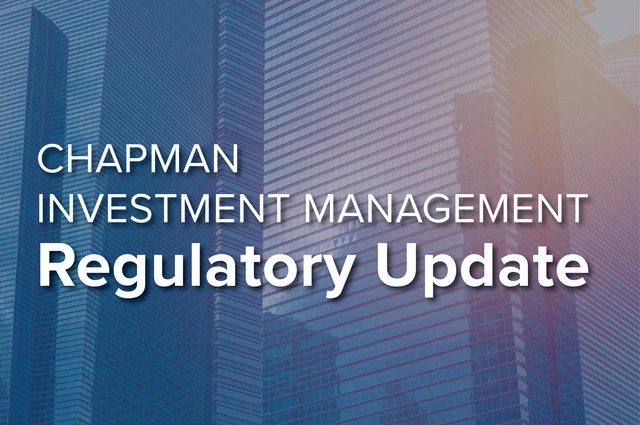- Topic: Uniform Commercial Code (UCC)
11 matches.
As companies default under their credit agreements, lenders have to decide what course of action is appropriate to effectuate their goals. Should the lender give the borrower breathing room by entering into a forbearance agreement in exchange for certain milestones, or is more aggressive enforcement action required?
This is the third and final Client Alert of a three-part series relating to executing a Strict Foreclosure. As discussed in our previous Client Alerts, it is imperative to focus on who is going to run the business after consummating the Strict Foreclosure.
This is the second Client Alert of a three-part series relating to executing a Strict Foreclosure.
This Client Alert is part of a three Alert series. This Alert focuses on when Strict Foreclosure can be a lender’s best option and the potential path to execute a Strict Foreclosure.
In a case of first impression, the Seventh Circuit recently held that a UCC financing statement that incorporates a description of collateral by reference to an unattached security agreement sufficiently “indicates” the collateral, such that a separate and additional description of the collateral is not required to properly perfect a lender’s security interest.
- July/August 2019Pratt's Journal of Bankruptcy Law
In a recent decision, the U.S. Bankruptcy Court for the Southern District of New York held that liquidated damages provisions calculating damages based upon stipulated loss value schedules designed to provide the lessor/owner participant with a return on investment of 4% (and not as a proxy for actual damages) violated New York public policy and were unenforceable as penalties.
- July/August 2019The Banking Law Journal
The First Circuit recently found that a UCC filing amendment naming the debtor contained an appropriate name and that, when coupled with a corrected collateral description in the amendment, the bondholders’ lien was perfected and therefore unavoidable under the “strong-arm” provisions of the Bankruptcy Code.
- November/December 2018Pratt's Journal of Bankruptcy Law
The U.S. Court of Appeals for the Fifth Circuit recently affirmed decisions of a Bankruptcy Court and District Court recharacterizing an alleged lease to a disguised financing arrangement. The Court determined that the transaction was “per se” a financing, and therefore did not need to go on to analyze the economic realities of the transaction in detail.
The Uniform Commercial Code affects financial institutions in countless ways. From duties of care for customers to the banks’ inspection of checks, familiarity with the UCC is critical when examining legal disputes. This alert discusses recent developments in UCC law that provide insight into how courts examine these rules and financial institutions’ responsibilities under the UCC.
As discussed in our previous client alert on this subject, litigation over whether $1.5 billion in prepetition loans to GM were secured or unsecured has been pending before the Second Circuit Court of Appeals. The Second Circuit recently issued a decision upholding the termination.
- Client Alert
The Delaware Supreme Court ruled recently that a secured party’s security interest in collateral can be terminated upon the filing of a UCC termination statement even though there was a mistake in the document.









